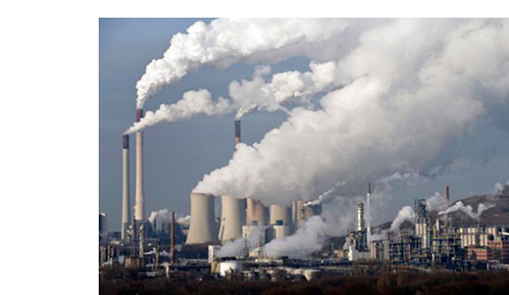Environmental regulation in emerging economies seeks to balance the goals of fostering economic growth and protecting human health. Today, we are seeing a significant amount of dirty growth, as cities in India and China report levels of air pollution higher than ever recorded in human history. However, evidence on whether this is a necessary side effect of high growth or rather a consequence of poorly implemented regulation in settings with low state capacity is mixed. The premise of this project is the hypothesis that poor information flow is an important reason for the persistence of dirty growth, as it can result in an environment in which regulation cannot be predictably enforced and so firms continue to undertake dirty growth.
This project is unique in that the researchers’ hypothesis is tested at scale with Indian environmental regulators in Maharashtra and Gujarat. Together, they investigate whether public disclosure of information on industrial emissions and the use of information technology, such as Continuous Emissions Monitoring Systems, can improve regulatory performance, industrial compliance, and industrial efficiency. Since Indian regulators often lack the capacity and technology to get high quality information on plant performance on a regular basis, the project aims to test approaches to getting the regulators accurate information on pollution emissions.
This research will shed light on whether enhancing information flows to the regulators and enforcement can help improve the efficiency distribution of firms in the market. If the hypothesis proves correct, implementing improvements in information provision technology can provide a significantly improved regulatory environment for sustaining private enterprise development. Not only will the project provide potentially valuable information and new empirical evidence on the impact of information and disclosure based regulatory evidence on compliance and efficiency, but also has a clear path of policy influence specifically in India due to the direct working partnership with the environmental regulator.








